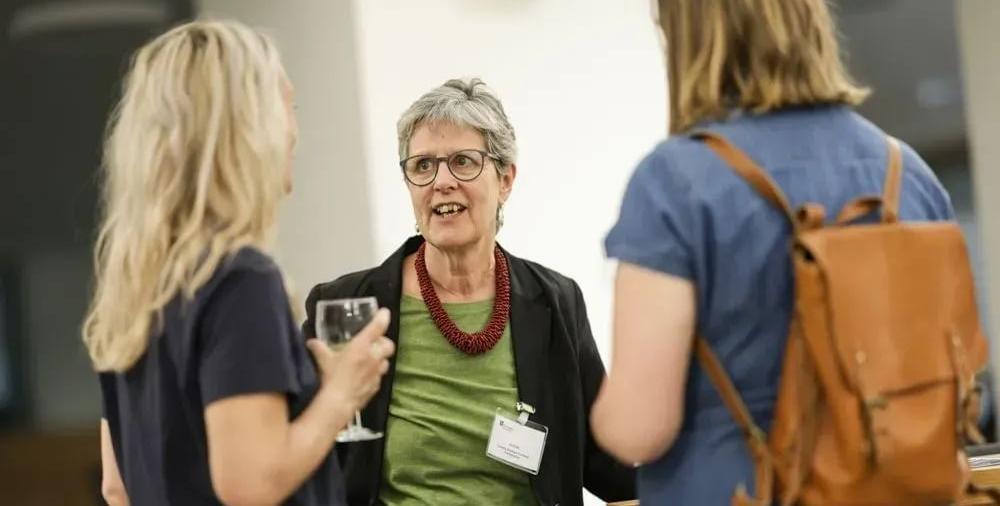PhD Studentships in Transformative Humanities

Durham University is offering eight PhD Studentships in Transformative Humanities - to support outstanding candidates beginning a PhD programme in October 2026.
The studentships are for projects related to the themes of the Transformative Humanities framework, which include Medical Humanities and Social Justice, Communities and Policy.
Each award will offer all of the following:
- A tuition fee waiver
- A stipend for 3.5 years (full time) or 7 years (part time) at the level set by UKRI
- Additional funding opportunities
- Access to training and placement resources.
Eligibility
The usual eligibility criteria for PhD study at Durham University will apply. As a guide, this usually includes a solid Master’s degree in a relevant subject (i.e., average above 65% or equivalent/GPA of at least 3.7). Non-native English speakers should also ensure they meet the English language entrance requirements.
In addition, the following criteria apply to these studentships:
- Only PhD students accepted to Durham University with a supervisory team led by Arts & Humanities or Social Sciences will be considered for this scheme.
- In line with the cross-disciplinary nature of the scheme, supervision must include collaboration across at least two departments.
- The competition is open to both home and overseas students: seven awards are open to home students and will cover tuition fees at home level; one award is open to overseas students and will cover tuition fees at overseas level.
Application process
Prospective applicants are welcome to join an information and Q&A session at 3pm (UK time) on 10 November 2025. Please use this link to join the event.
Applications for this scheme will open on 3 November 2025 and close at 23.59 (UK time) on 16 January 2026.
Applicants are encouraged to contact potential supervisor(s) to discuss their project before applying. For moral injury-related projects, we would recommend sending a CV and outline of your research interests to icmi@durham.ac.uk in the first instance.
Applications are submitted online through the postgraduate application portal. In the funding section, under 'Scholarship details', please select "PGR - Transformative Humanities" from the drop-down menu. The following supporting documentation is required before applications are considered complete:
- A research proposal that clearly defines the research questions and context, the intended approach and methods, the relevance of the project to transformative humanities, and the fit with Durham University. The research proposal can be developed with the support of your prospective supervisor.
- A CV
- A personal statement that describes your academic interest in and understanding of your chosen course, as well as your purpose and objectives in undertaking this postgraduate study (maximum 8000 characters)
- Transcripts of previous and current degrees
- Sample of academic writing on a relevant topic undertaken as part of an earlier degree (normally no more than 5000 words)
- Two confidential academic references; please note that references submitted directly by an applicant cannot be considered – instead applicants must give the contact details of referees who will then be contacted by the postgraduate admissions team. Applications are not considered complete until references are received from referees – please take this into account when considering application deadlines.
- For most applicants for whom English is not their native language, evidence of English language proficiency.
Successful applicants will be notified in March 2026.
Questions?
These studentships are being offered by the Faculty of Arts and Humanities and are supported by its AHRC Doctoral Landscape Award, the Faculty of Arts & Humanities and the Faculty of Social Sciences. If you have any questions about eligibility criteria or the application process, please contact artsandhumanities.pgrteam@durham.ac.uk.
If you have any questions relating to a potential project relating to moral injury specifically, please contact icmi@durham.ac.uk.


/prod01/prodbucket01/media/durham-university/research-/research-centres/international-centre-for-moral-injury/Moral-injury-banner-1920X290.jpg)